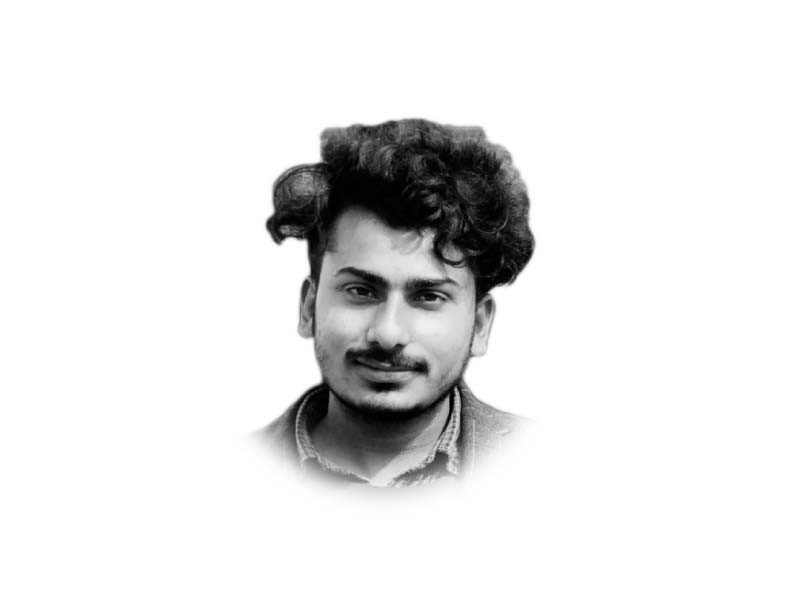
Democracy is a complex equation. It seems an easy concept to implement and sustain. From Aristotle to Francis Fukuyama, every single political scientist interprets it based on the popular voting system. The voting system is very decisive in democratic consolidation. Sometimes democracies are entrapped with bad results. Sometimes democracies nurture effective mechanisms to cope with the state framework. It depends on how citizens consider the voting procedures. In developing countries like Pakistan, the voting system is based on patronage and retrospective voting. A retrospective voting system is defined as one in which different identities and social groupings take precedence over policy considerations. Voters chose short-term objectives expectations, and shortcuts like party affiliation or social identity. Such voters in electoral processes are considered myopic voters. Democracies never ripen when retrospective aspects drive voting behaviours.
Pakistan is a playground of different political parties for short-term slogans. Every time before elections, our political leaders drive people to idealistic tendencies. Thus, electoral choices of the public in Pakistan are established on immediate improvements rather than a sustained prosperous future.
Before delving deep into the democratic learning curve, it is apt to mention that democracies prioritise informed decision-making. Our domestic households are the miniature electoral schools. Our parents’ generation adhered to the politics of revolution rather than evolution, and we build these instincts to vote on immediate requirements. If person X who is the head of the family X asked to vote for a particular leader from their clan or ethnicity or social affiliation, our complete procedures are impacted by one-man decision. Such voting system leads towards special interests. Special interests are always vested interests for particular group – something that leads the country to an unsustainable democratic future, and policy inconsistency.
Considering the history as the precedent to learn about the democratic maturity and the intertwining interaction with prospective voting, we can mention how German democracy aligned with international issues through prospective voting. For eg, Energiewende, or energy transition, is a new agenda of German government. People are committed to partnership with forward-looking leaders. Their leaders committed a future of renewable energy sources considering the long-term solution to end fossil fuels, sustained future of humanity and benefits of cleaner energy. People, understanding the long-term vision to deal with climate change and future policy, vote to forward-looking leaders on these qualifications of the visionary choices. This is how prospective voting can be aligned with international issues like climate change through democracy.
In Pakistan, we vote on the basis of incumbent government’s performance, short-term policy and special interests that don’t align with broader public interests. This is why we have sham democratic framework. From family system to institutional makeup, we are inefficient to develop capabilities of critical thinking so that we can carry forward the complex calculations about our decisions in the favour of coming future.
We need to shift our preferences like ending the primacy of social identities or social affiliation for voting. It would be effective to foster ‘our democracy’ by addressing disparities among masses from different socio-political stratifications. It is mandatory to build consensus over the mutual cause of visionary progress.
Finally, Economic Voting is no solution to sustain institutional democracies. We vote on the basis of economic factors like inflation rates, job growth rather than understanding the nuances of economic policies.
The nations that implement prospective voting over retrospective voting embark for glory. Democracies ensure the prosperity only if it deals with maturity. We need visionary leadership and forward-thinking voter bank. In doing so, we alter our democracies into engines of expectancy and creation, where the ballot box develops a vessel for acknowledging the ambitions of generations yet to arrive.
Published in The Express Tribune, November 13th, 2023.
Like Opinion & Editorial on Facebook, follow @ETOpEd on Twitter to receive all updates on all our daily pieces.















COMMENTS
Comments are moderated and generally will be posted if they are on-topic and not abusive.
For more information, please see our Comments FAQ